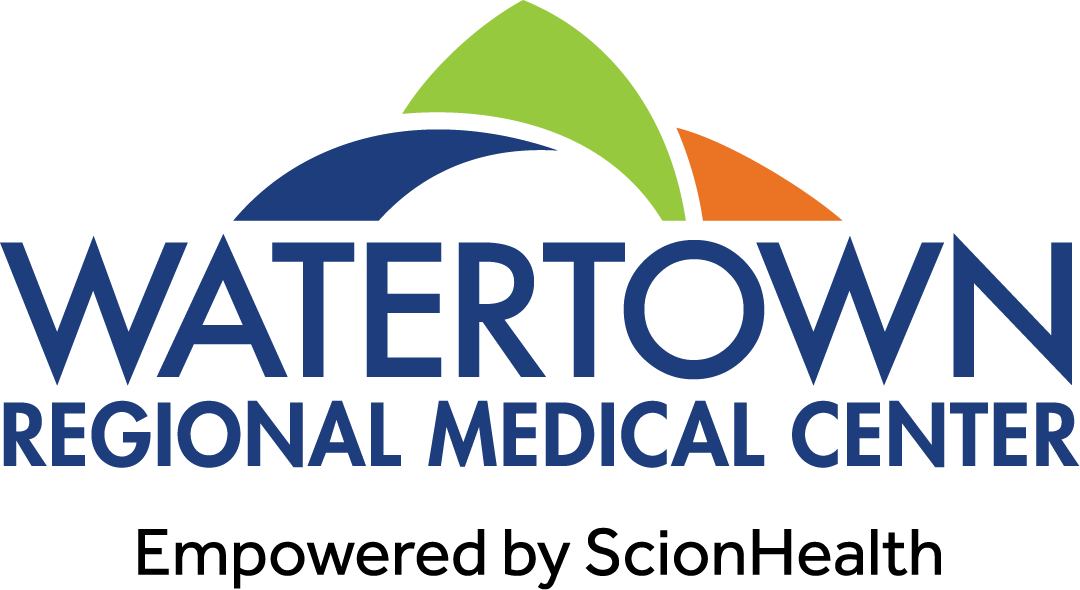Silencing the Silent Killer
May 1, 2024

High blood pressure, also known as hypertension, is sometimes dubbed “the silent killer” by medical professionals because it can go undetected for a long period of time and lead to death. Every May, which is National High Blood Pressure Awareness Month, the healthcare community preaches regular testing so that high blood pressure can be identified and treated.
Most people who have high blood pressure do not have any symptoms and have little way of knowing how the condition is potentially damaging their arteries by making them less elastic, which decreases the flow of blood and oxygen to the heart and leads to heart disease.
Left untreated, high blood pressure significantly increases the risk of having a heart attack, stroke, brain aneurysm, heart failure, kidney failure, clogged arteries, and dementia. It’s silent, until one day it isn’t.
A simple, one-minute blood pressure check can sound the alarm on high blood pressure and stave off that day, specifically with the implementation of tried-and-true methods to lower blood pressure and the risk of heart disease and other afflictions.
Individuals with elevated blood pressure should make changes to their lifestyle, including limiting salt in their diet, increasing exercise, losing weight if appropriate (even 10 fewer pounds can lower blood pressure by 5 to 10 mm hg), quitting smoking, and limiting alcohol intake to one to two drinks per day.
Medications will likely be prescribed for those with high blood pressure who also have cardiac risk factors and/or a family history of heart disease. Taking the appropriate medicine can improve blood pressure and health outcomes. Talk to a doctor to determine what options may be best for you ‒ you can find a primary care provider in Watertown or the surrounding communities by calling 920.533.9762 or going to www.watertownregional.com/find-a-doctor/results?query=family+medicine.
The most important thing you can do during May, or any month, is to go to a doctor and have your blood pressure checked. If your blood pressure is high (or low), your doctor can help figure out why and advise on what you need to do to get your blood pressure where it needs to be.
